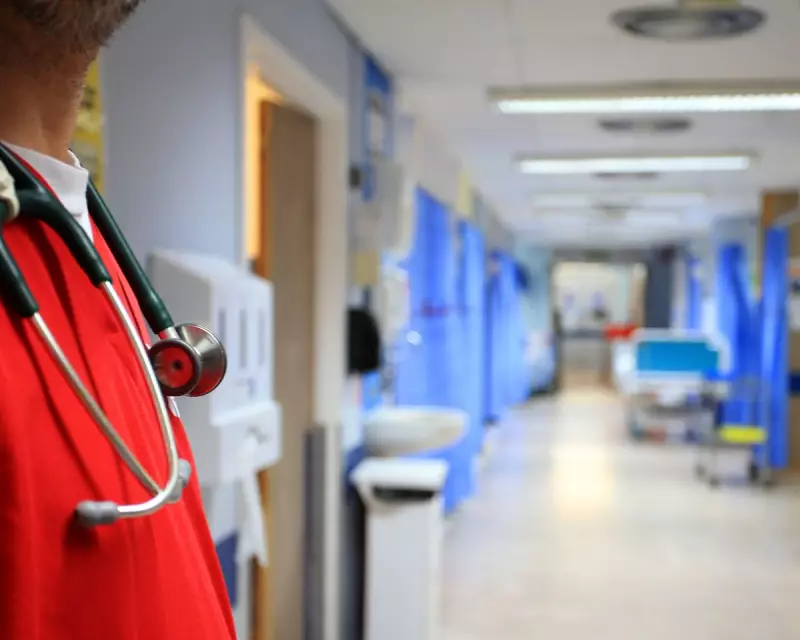
Hospitals across England are facing a severe cancer care crisis as shocking new data reveals the vast majority are failing to meet crucial NHS treatment targets, potentially putting thousands of patients at risk.
The latest league tables expose a deeply worrying picture of cancer care across the nation, with only a handful of NHS trusts achieving the mandated 62-day target for patients to begin treatment following an urgent GP referral.
Alarming Performance Gap
According to the damning statistics, mere 15 out of 106 hospital trusts successfully met the target that requires 85% of cancer patients to start treatment within two months of referral. This represents a catastrophic failure in the system designed to provide rapid, life-saving care to those who need it most.
The Human Cost of Delays
Behind these stark numbers lie real patients facing agonising waits and potentially worsening prognoses. Medical experts consistently warn that early diagnosis and prompt treatment are critical factors in determining cancer survival outcomes. These delays could literally be costing lives.
Regional Disparities Exposed
The data reveals significant geographical variations in cancer care performance. While some regions struggle desperately, others manage to maintain standards despite system-wide pressures. This postcode lottery in cancer treatment availability has raised serious concerns about health equality across different parts of England.
System Under Siege
Healthcare leaders point to a perfect storm of challenges crippling cancer services: staffing shortages, diagnostic backlogs, and overwhelmed specialist departments struggling to cope with increasing demand. The COVID-19 pandemic exacerbated existing weaknesses, creating a crisis that the NHS continues to grapple with.
Call for Urgent Action
Cancer charities and health campaigners are demanding immediate government intervention and additional funding to address what they describe as a "national emergency" in cancer care. The consistent failure to meet targets suggests systemic issues requiring comprehensive strategic solutions rather than temporary fixes.
As waiting times continue to stretch beyond safe limits, patients and healthcare professionals alike await a decisive response from policymakers to safeguard the future of cancer treatment in England.





